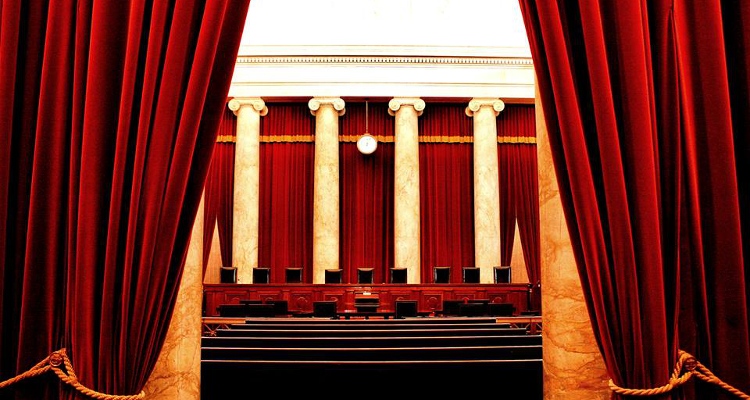New Jersey has received some significant support in its fight against the Professional And Amateur Sports Protection Act (PASPA) of 1992 after five states presented themselves as “amici curiae”, or friends of the court, in an amicus brief filed before the United States Supreme Court.
Last month saw New Jersey State Senator Raymond Lesniak announce that he intended to appeal an August ruling from the United States Court Of Appeals For The Third Circuit in Philadelphia that invalidated a 2014 state law that would have allowed New Jersey to legalize sportsbetting. Ryan Rodenberg, an associate professor with Florida State University’s Sport Management Department, subsequently filed an amicus brief with the nation’s highest court in support of the eastern state’s efforts and argued that PASPA was unconstitutional as it granted excessive powers to professional sports leagues.
West Virginia, Arizona, Mississippi, Louisiana and Wisconsin have now joined the case as “friends of the court” in arguing that the ruling from the United States Court Of Appeals For The Third Circuit usurped states’ rights by maintaining the federal ban on sportsbetting.
“In upholding PASPA, the [United States Court Of Appeals For The Third Circuit] radically expanded the doctrine of federal pre-emption by holding that Congress may forbid the states from repealing their existing laws without affirmatively setting forth a federal regulatory or deregulatory scheme,” read the motion from the five joining states. “In addition, the [United States Court Of Appeals For The Third Circuit] disregarded [the United States Supreme Court’s] anti-commandeering jurisprudence by requiring state legislators to maintain, and state executive officials to enforce, laws that would otherwise have been repealed.”
Wisconsin and West Virginia joined New Jersey the last time it unsuccessfully argued against PASPA in 2014 while Mississippi is the only one of the new actors to have previously expressed an interest in legalizing sportsbetting within its borders.
“The concern of “amici states”, the states of West Virginia, Arizona, Louisiana, Mississippi and Wisconsin, is not what Congress regulates but how it does so,” read the motion. “Even where it has Article I authority to act, Congress may not force the states to act as the vehicle for implementing federal policy and thereby shift to the states political accountability for its actions. Such coercion is unconstitutional commandeering.”
New Jersey has been trying to legalize sportsbetting since 2009 with little success and it is still highly unlikely that the United States Supreme Court will ever hear its action as the nine-member body routinely attends to only about 1% of the up to 8,000 cases that annually petition for a hearing.
“Winning this fight for legal sportsbetting means hundreds of millions dollars in economic activity and saving thousands of jobs for New Jersey,” Lesniak told ESPN last month. “I will fight the NFL all the way to the United States Supreme Court. And I am.”
New Jersey governor Chris Christie, who is heading the transition team for President-Elect Donald Trump, has previously blamed his state’s setback before the United States Court Of Appeals For The Third Circuit on the desire of outgoing President Barack Obama and appellate court judges to take away the rights of the states.
“With the National Football League, Major League Baseball, the National Basketball Association, the National Hockey League [and] the National Collegiate Athletic Association, they’re all making money off fantasy sports [and] they’re investing in it,” Christie told local radio broadcaster WFAN in August. “They go to court and they try to stop us in New Jersey from legalizing what is happening every Sunday, illegal bookmakers in the mafia. They’d rather have them do it. They think that having mafia people and illegal betting is somehow safer than having legalized betting for the integrity of the game. It’s insane.”


